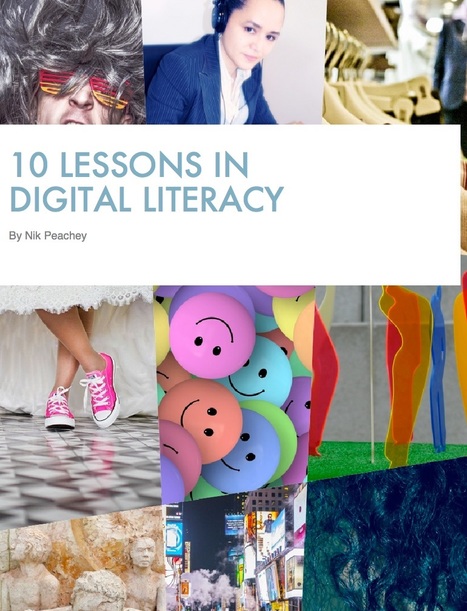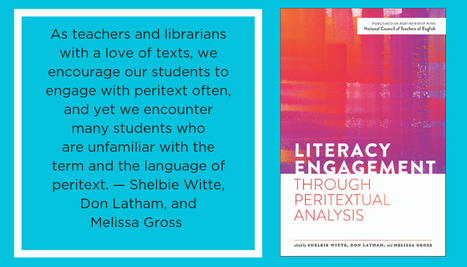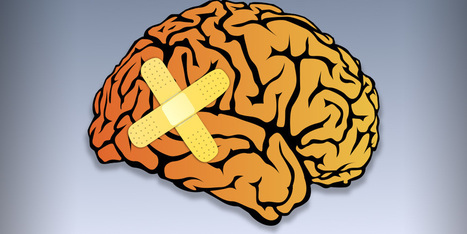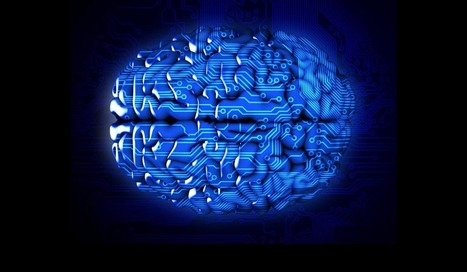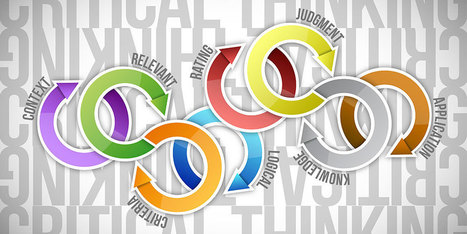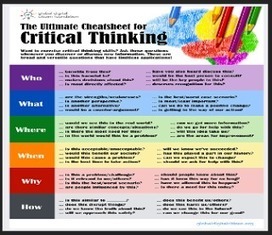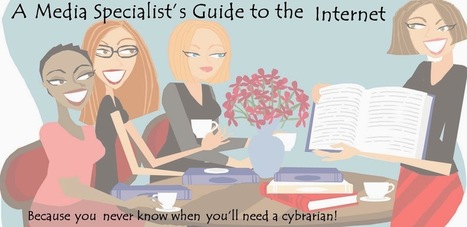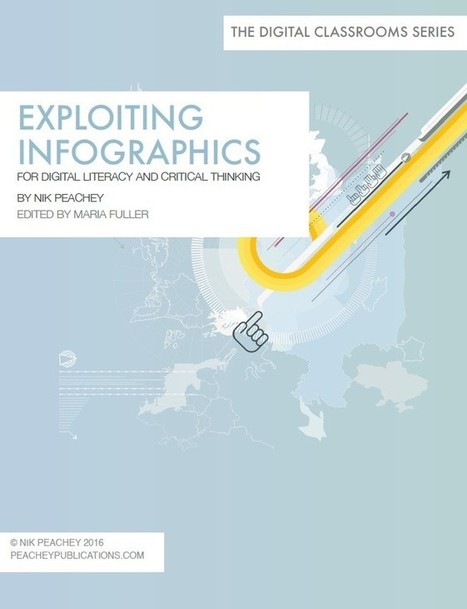Last week TED-Ed released a new video lesson titled This Tool Will Help You Improve Your Critical Thinking. As I wrote last week, I almost immediately used the lesson in one of my computer science classes. Writing that blog post and using that lesson inspired me to take a look back through my archives for other lessons and resources for teaching and learning about critical thinking. Here's my updated list of resources about critical thinking and logical fallacies.
Get Started for FREE
Sign up with Facebook Sign up with X
I don't have a Facebook or a X account

 Your new post is loading... Your new post is loading...
 Your new post is loading... Your new post is loading...
Current selected tag: 'critical thinking skills'. Clear
Developing the higher order critical thinking skills, as outlined by Rasmussen College, includes multiple areas to concentrate on. The author, Will Erstad, states “critical thinking is the analysis of an issue or situation …the facts, data or evidence related to it (and) is a skill that allows you to make logical and informed decisions to the best of your ability.”
Teaching Digital Literacy in the 21st Century: Is it Still Relevant? 2 2015 Cengage Learning Computing Conference
A decade ago, Amy Carleton, a lecturer in comparative media studies at the Massachusetts Institute of Technology, had a sign in her classroom in capital letters that read: “Wikipedia is not a source”.
This is the first of three posts that I am writing in an attempt to inspire more discussion around the following question: How do we prepare students to be successful in their futures?
As a growing number of medical schools bring virtual reality into the classroom, students are finding it an effective way to learn complex subject matter, such as anatomy, that’s often easier to understand with hands-on practice.
It’s natural to want children and graduates to develop a set of all-purpose cognitive tools with which to navigate their way through the world. But can such things be taught? Carl Hendrick argues that general critical thinking skills cannot be so easily transferred from one context to another.
Imagine, for a moment, the technology of 2017 had existed on Jan. 11, 1964 — the day Luther Terry, surgeon general of the United States, released “Smoking and Health: Report of the Advisory Committee to the Surgeon General of the United States.”
Critical thinking skills truly matter in learning. Why? Because they are life skills we use every day of our lives. Everything from our work to our recreational pursuits, and all that’s in between, employs these unique and valuable abilities. Consciously developing them takes thought-provoking discussion and equally thought-provoking questions to get it going. Begin right here with the Critical Thinking Skills Cheatsheet.
Students need good judgment to successfully navigate the sea of information in their academic lives, as well as for the social and emotional choices and decisions that they will inevitably face. For all of this, students require the executive function of judgment to monitor their understanding and interpretation. Judgment is critical for thoughtful consideration of their choices and the consequences of their actions. In this post, I'll suggest ways that you can activate your students' neuroplasticity to strengthen their brains' developing neural networks that support judgment.
For a field of study that explores the nature of knowledge, Philosophy has had a surprisingly small impact on education.
The Question Game: A Playful Way To Teach Critical Thinking
A collection of ten lesson plans to promote and develop digital literacies and critical thinking. |
As teachers and librarians with a love of texts, we encourage our students to engage with peritext often, and yet we encounter many students who are unfamiliar with the term and the language of peritext. Common peritextual elements such as the text cover, table of contents, and source notes provide opportunities for readers to increase their comprehension of and to think critically about a text. Many times, readers will skip the reading and viewing of peritext and begin with the text proper. By doing so, they are often missing critical information an author has included about the text and haven’t taken advantage of all the layers of meaning surrounding the text.
At one time or another we have all engaged in poor thinking habits. After all, nobody’s perfect and neither is anybody’s thinking. However, that doesn’t mean we can’t get better at it and start thinking more critically. It’s worth our time to seek ways of improving our thinking and to guide our learners to do the same.
Poor thinking habits refer to the ways of thinking that produce adverse effects in every part of our lives. They can negatively affect our personal progress, our relationships, and everyone around us. But they do much more than that, actually. Not only do they affect the outside world, but they do damage from within as well. In the long run poor thinking can affect our self-esteem, our ability to cope with challenges, and even our physical health. 
Paul Hamad's curator insight,
January 22, 2019 8:40 PM
Can you guess how many days it takes to change a habit? I know the answer, and it's not what you think either.
The Essential Fluencies are a solid foundation for effective modern learning. They cover all the bases of the skills students need for success beyond school. Developing these Fluencies in our students is a critical thinking journey in itself. That’s why you’ll find good questions at the heart of Essential Fluencies development.
Educational technology, or edtech, has revolutionized the classroom by improving learning efficiency and efficacy. Used wisely, edtech strategies help students develop vital critical thinking skills, and can change the paradigms of education. Here are eight specific ways classroom tech can help students develop their critical thinking.
Try these tips for using some simple and effective critical thinking strategies to get your students thinking critically and independently, and fast.
“You don’t need to teach us. That’s what Google is for.” That was the message a student shared with a surprised audience of educators during a popular technology conference. The students went on to say, “If I can't figure something out I prefer to watch a YouTube video or text a friend rather than ask a teacher.” The other students in the room nodded their heads in agreement.
It's all around us. It's permeated Facebook, Twitter, all social media and the Internet. Yet I have seen adults fall for these hoaxe Via Tom D'Amico (@TDOttawa) , Dean J. Fusto 
TrayKay's curator insight,
January 4, 2017 4:10 PM
The ability to discern bias in the news, and the incorrect usage of statistics are other important skills.

Marijke Trienekens's curator insight,
January 11, 2017 10:56 AM
Zie onderaan de uitgebreide lijst met links naar artikelen over nepnieuws!
More than two out of three middle-schoolers couldn’t see any valid reason to mistrust a post written by a bank executive arguing that young adults need more financial-planning help. And nearly four in 10 high-school students believed, based on the headline, that a photo of deformed daisies on a photo-sharing site provided strong evidence of toxic conditions near the Fukushima Daiichi nuclear plant in Japan, even though no source or location was given for the photo. Via Nik Peachey
The executive function of prioritizing guides two types of tasks. Prioritizing is what takes place when the brain distinguishes main ideas from low-relevance details. It is also at work when students plan how to invest their time and effort.
This ebook was designed with English language teachers in mind but should have some value for any teacher who is interested in developing their students’ digital literacy and critical thinking skills. Via Nik Peachey 
Nik Peachey's curator insight,
September 28, 2016 1:33 AM
My latest book in the Digital Classrooms Series. 
Leonard R Williams's curator insight,
September 28, 2016 11:51 AM
Operator Interface Programming - designed for programmers, operators and application designers, who work with QuickPanel+ Operator Interface that is programmed using Proficy View; tasked at developing, modifying and maintaining Operator Interface Applications.
MATHS AND SCIENCE EDUCATION: We’ve asked our authors about the state of maths and science education in Australia and its future direction.
|





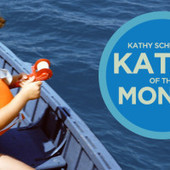
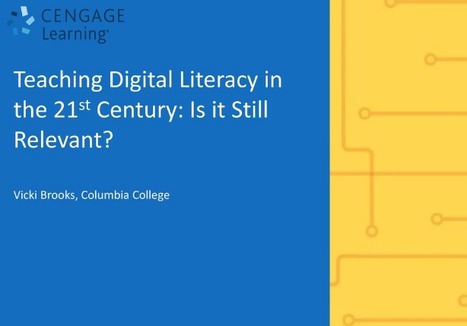

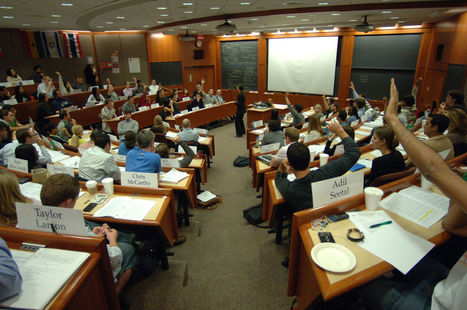

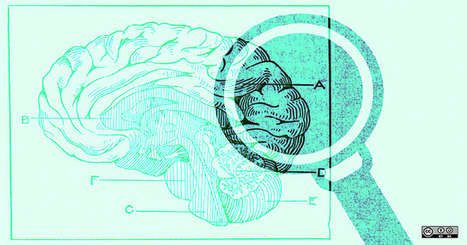

![The Critical Thinking Skills Cheatsheet [Infographic] | Information and digital literacy in education via the digital path | Scoop.it](https://img.scoop.it/jVMRha0Nc11X2oKaFqqOyTl72eJkfbmt4t8yenImKBVvK0kTmF0xjctABnaLJIm9)



